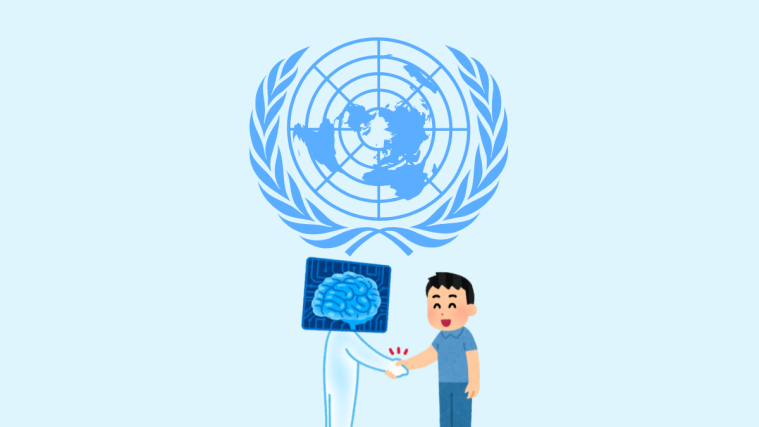What to know
- United Nations adopts world’s first global AI resolution, backed by more than 120 member states.
- The resolution seeks to establish ethical and sustainable growth of AI systems that safeguard the privacy of users.
- The US-led draft resolution is nonbinding, and is broadly popular among member states and stakeholders.
The United Nations General Assembly on Thursday unanimously adopted a landmark resolution on the regulation and promotion of “safe, secure, and trustworthy artificial intelligence (AI) systems“. The US-led draft resolution, which was adopted by consensus (without a vote) looks to encourage greater transparency, safeguard privacy and protection of personal data, and improve mechanisms of risk monitoring and management.
Titled ‘Seizing the opportunities of safe, secure and trustworthy artificial intelligent systems for sustainable development‘, the resolution is backed by more than 120 other member states, including China.
While AI systems offer unique opportunities for nations around the world, they also pose unique challenges, especially for developing nations that may find it difficult to keep up with the fast pace of innovation. Increasing digital literacy and bridging the digital divide is also stressed so countries across the globe can benefit from equitable access to AI.
The Assembly highlighted the “respect, protection and promotion of human rights in the design, development, deployment and the use of AI” while encouraging member states to prevent the use of AI systems that do not comply with international human rights law.
At the same time, it’s important to note that the agreement is nonbinding so countries do not have legal obligations to fulfil; it’s one reason why the resolution has gained wider popularity among stakeholders in the AI industry. It is, after all, up to the members to implement policies around AI systems as they see fit, which is why some skeptics are already calling this resolution basically toothless.






